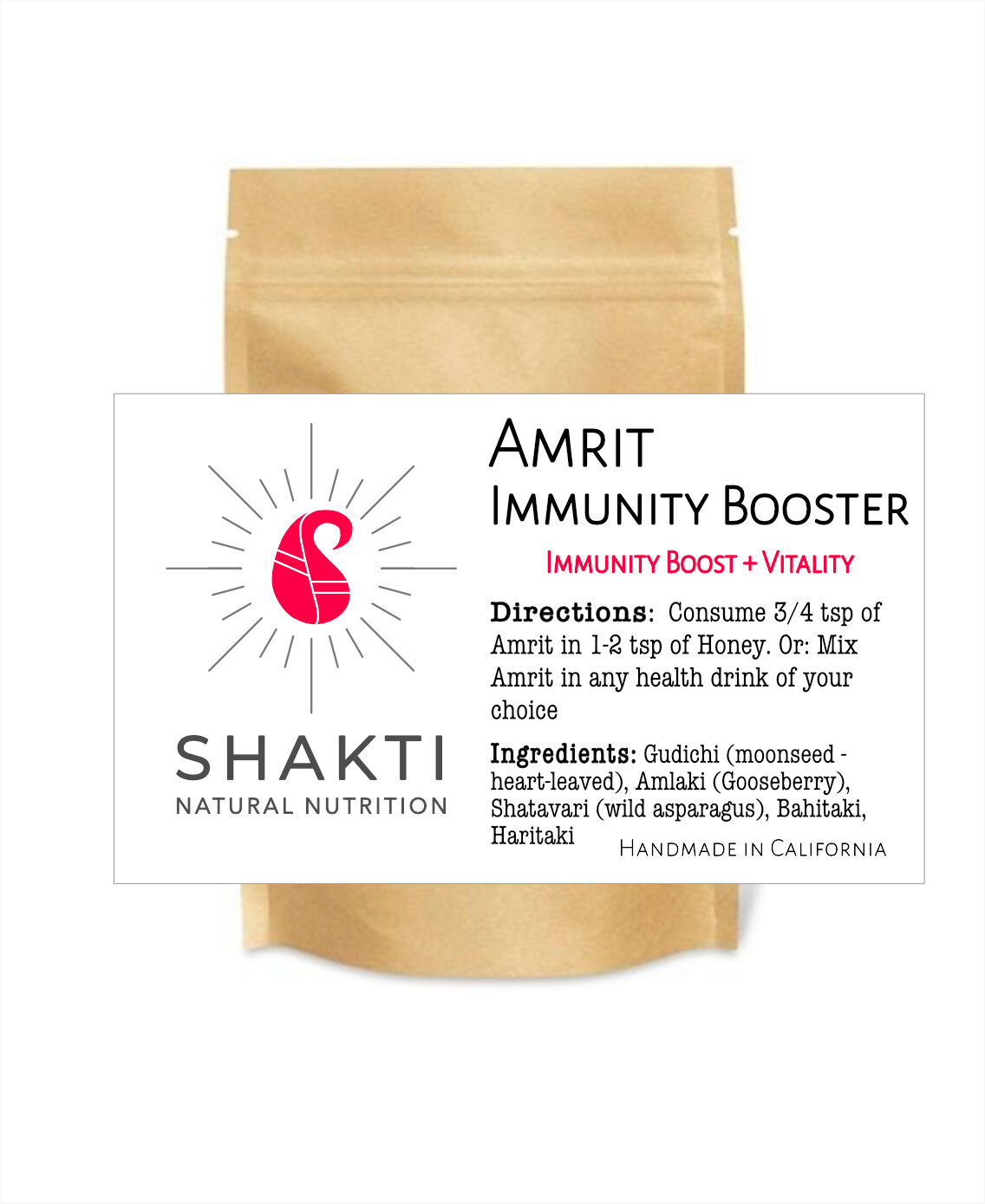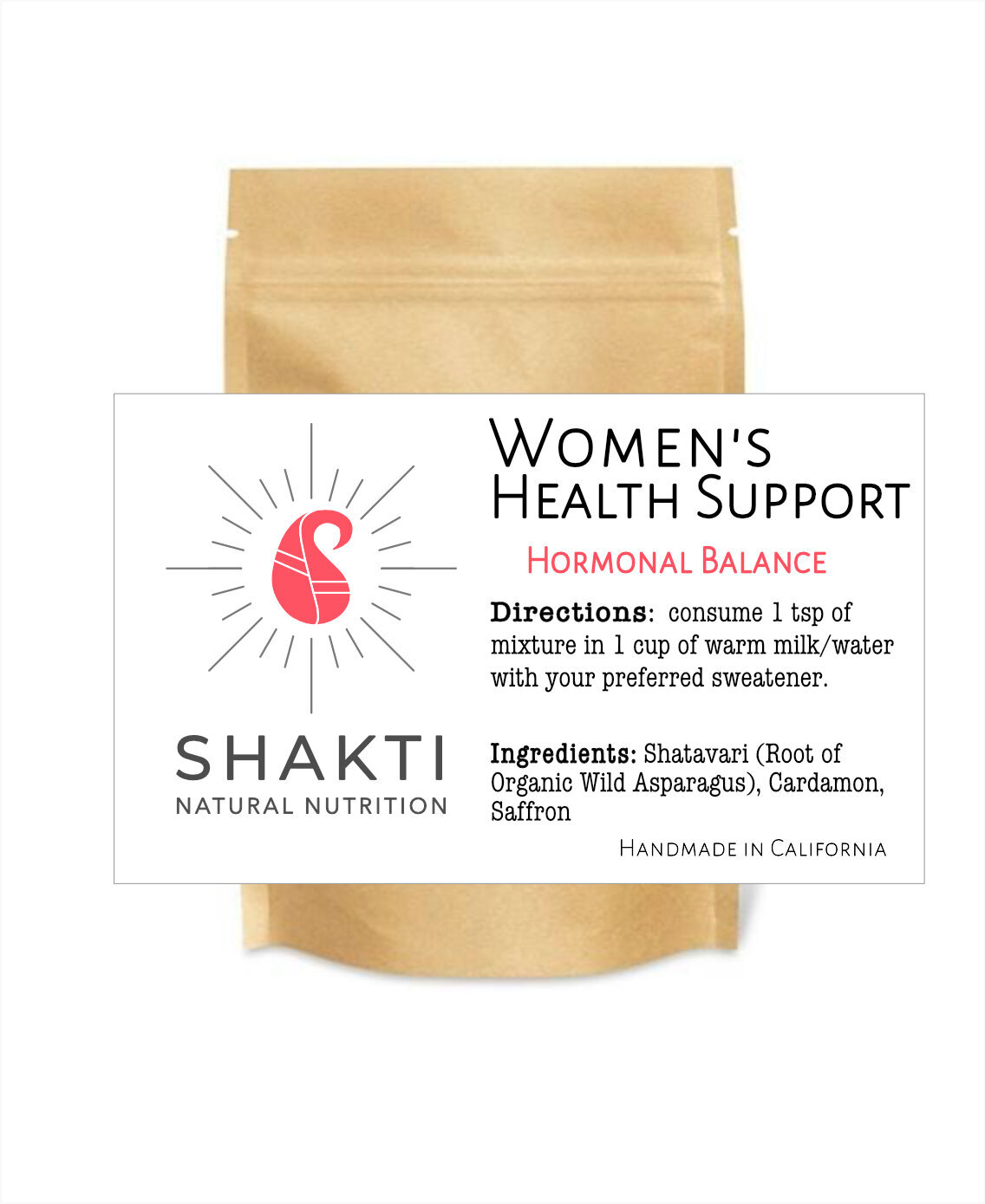Shatavari: Wild Asparagus Root
Shatavari (Wild Asparagus Root)
Benefits discussed in Ayurveda:
In Ayurveda Shatavari has been called the queen of all herbs
Women’s Health
Shatavari is the very ancient Sanskrit name for Wild Asparagus Root. Its meaning is quite dramatic but there was perhaps a very deliberate reason to name it so dramatically. “Shatavari” means, “the one coveted by a hundred lovers” - told you, it is quite dramatic! Now the reason it was perhaps names so, is very serious. The ancients wanted to make a point, two point actually:
Nothing even comes close to Shatavari when it comes to hormonal balance
Shatavari is the ultimate herb when it comes to protecting and nourishing all the female specific body organs. Unsurprisingly modern science is starting to research Sharavari for its anti-cancer properties
Shatavari has been considered in many modern setting to support Hyperthyroid regimen.
General Benefits
Shatavari’s benefits are not limited to just women’s health. It is highly revered in Ayurveda for:
Shatavari is recognized amongst a select group of herbs that are considered vayasthapan (anti-aging). Regular consumptions is recognized to reduce oxidant action and calm stress, both of which accelerate aging.
A potent strength and immunity builder
A powerful aphrodisiac (for both men and women)
Shatavari benefits memory and intelligence
Shatavari is excellent natural diuretic and used extensively throughout Ayurveda to cure excess Kapha dosha issues
Shatavari is a revered nerve-tonic and widely used to calm inflamed nerves, or support with nerve related disorders
Ayurvedic Analysis
Rasa (Taste): Sweet, Pungent
Vipaka (Taste after Digestion): Sweet,
Virya (Potency): Cold,
Guna (Properties): Oily, Heavy
Dosha Effect:
Discussion:
Kapha action:
Shatavari enhances Kapha. Kapha is the main source of strength and vitality in the body. Reserve Kapha is Ojus which is the basis of our immunity. Kapha is energy of creation and thus also the source of all things related reproduction - this explains Shatavari aphrodisiac action.
Pitta action:
On account of its cold potency Shatavari pacifies Pitta. In Ayurveda, when a body transforms from being predominantly Kapha to predominantly Pitta - we undergo puberty. Hence the phrase Angry You Man/Woman - more pitta than the body is used to handling for all those years of childhood. Thus also, all hormonal changes of youth and adulthood and their cycles, are mainly controlled by Pitta. Damaged pitta is the main reason one experiences hormonal imbalance and stress. Since Shatavari is excellent Pitta shamak (balancer). It has the natural action to
Vaat Action:
Due to its Oily, Heavy nature, Shatavari reduces Vaat in the body. Vaat is the energy of cleanse but too much Vaat cleanses too much and effectively starts eroding the body. When body transforms from being predominantly Pitta to predominantly Vaat, that is the onset of old age. As Shatavari is an excellent Vaat shamak (balancer) - Shatavari slows aging.




